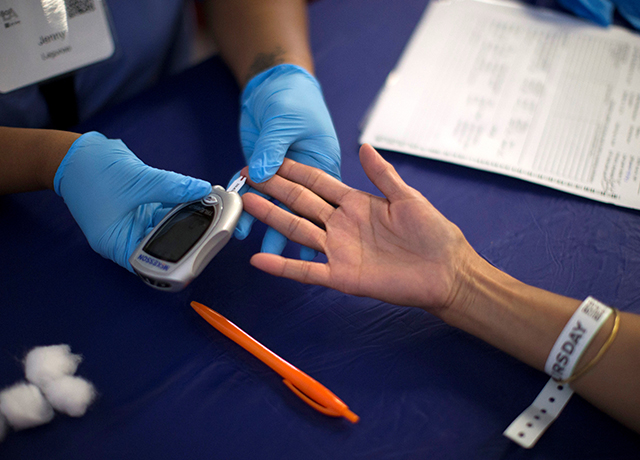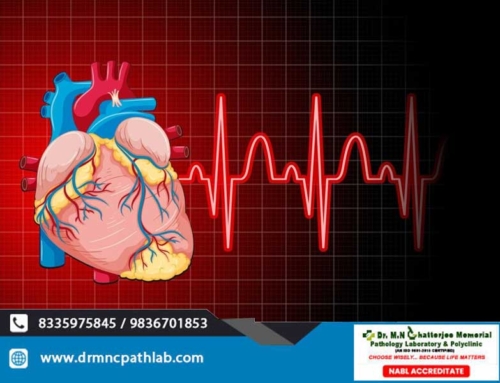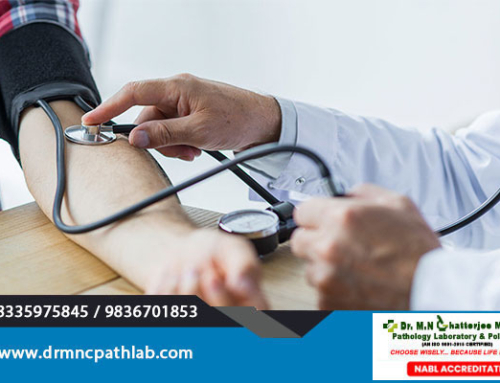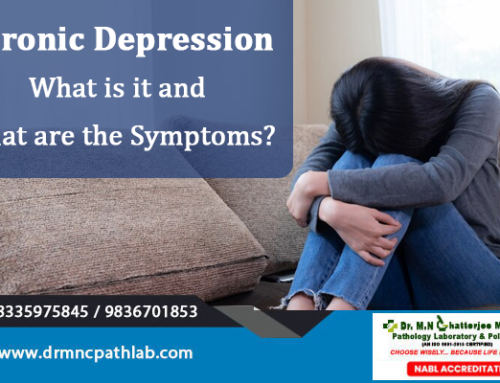To remain healthy, women should have a proper diet, stay active, avoid tobacco and do medical check-ups regularly. Before major damage or disabilities occur, life-threatening diseases can be diagnosed if regular medical check-ups are done from a well-equipped medical laboratory. The following are must do health tests if you’re a woman above 50:
1. Complete Lipid Panel
The amounts of cholesterol and triglycerides in your bloodstream are measured by this blood test and this should be done annually by a reputed diagnostic centre. There can be fatty plaque build-up in arteries, an increased risk for a heart attack, stroke and heart disease if the levels are unhealthy.
2. Blood Pressure
Your bones, brain, eyes, kidneys and heart can get damaged due to untreated high blood pressure. Risks for osteoporosis, strokes, vision loss, kidney failure and heart disease increase due to this. There are rarely any symptoms of hypertension, which is called a silent killer and for this reason, yearly check-ups are very important. If your blood pressure is high or even high normal, get your blood pressure checked at frequent intervals.
3. Blood Sugar
We become more insulin resistant as we age, and this results in high blood sugar. Your blood vessels, nerves and organs get damaged due to increased sugar levels. As a result, the risk for type II diabetes, heart disease, cognitive issues and organ failure increases. As part of a complete metabolic panel, get your fasting glucose checked from the best pathology clinic for sugar test. Your electrolyte levels and kidney and liver function will also be measured during this panel. A more accurate indicator of blood sugar levels is hemoglobin A1C.
4. Thyroid Stimulating Hormone (TSH) and Free T4
The efficiency of your thyroid, a gland in your neck responsible for producing hormones that regulate your metabolism, is measured by thyroid panel tests. Women are susceptible to problems with their thyroid as they age, and this results in hyperthyroidism or hypothyroidism. Both can lead to fatigue, anxiety, changes in weight, appetite, sensitivity to temperatures and many other things. After menopause, this test should be done annually.
5. Bone Density Screening
If you have or are at risk for osteoporosis is determined by a DXA scan. After menopause, those women should be screened who have an increased risk for fractures or maintain a low body weight. In other cases, at the age of 65, tests should begin.
6. Breast Cancer Screening
Breast cancer is very common among women. Between the ages of 50 and 74, a mammogram should be done annually.
7. Cervical Cancer Screening
Until age 65, a pelvic exam and Pap smear should be done annually from a well-known medical laboratory. If you’ve had three consecutive negative Pap tests or two consecutive negative HPV/pap co-tests in the 10 years prior to stopping, the most recent within 5 years, screening isn’t necessary thereafter.
8. Skin Tests
For skin cancer get a whole-body check-up done annually. If you’ve had skin cancer already identified, get it done more frequently. For any change in the size, colour, texture and shape of your moles, get themselves checked every month.
9. Eye Screening
With age, diseases such as glaucoma and macular degeneration, which decrease your vision, become more common. Until the age of 60, get your eyes examined every 2 years, and thereafter get it done annually.
10. Colonoscopy
For women in their prime, the much-dreaded and completely unpleasant colonoscopy is a must. Early before the polyps become life-threatening, this procedure allows doctors to identify and remove them. Unless otherwise instructed by your doctor, have your first around the age of 50 and every 10 years thereafter from a renowned diagnostic centre. Those women may need more frequent or earlier screening who have a family history of colon cancer or polyps.
11. B12
Weakness, fatigue, loss of balance, cognitive issues and tingling and numbness in your extremities can result from deficiencies. As we age, the ability to absorb B12 from food is lost by us. Those women are even more prone to low levels who follow a vegetarian diet, suffer from digestive conditions or regularly take drugs for diabetes or heartburn.
12. Vitamin D
For absorbing calcium, our bodies require adequate amounts of Vitamin D. Osteoporosis, a major concern for women above 50 can result from its deficiency. If necessary, supplement Vitamin D after having the levels checked annually.






